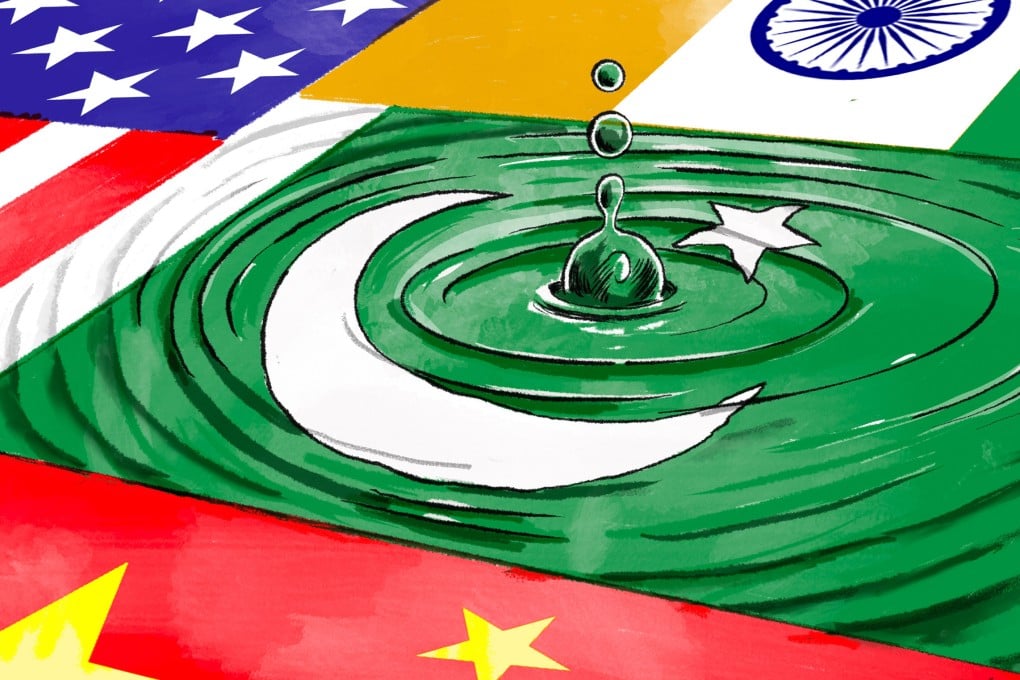Advertisement
Opinion | What Pakistan’s political changes mean for China, the US and India
- With Imran Khan out of the picture, the coalition government is set to maintain strong relations with China, while ties with the US should continue to stabilise
- The new political landscape could also pave the way for meaningful dialogue with India, leading to warmer relations
Reading Time:4 minutes
Why you can trust SCMP
1

On March 3, Shehbaz Sharif was elected as Pakistan’s new prime minister. A member of the Pakistan Muslim League-Nawaz (PML-N), he was a joint candidate of an eight-party coalition for the post.
Advertisement
The general election, held on February 8, resulted in a split mandate, with no single party securing a simple majority to form a government. Candidates backed by jailed former prime minister Imran Khan, won 93 seats, followed by the PML-N and the Pakistan People’s Party (PPP) with 75 and 54 seats respectively.
The PML-N reached out to the PPP to form a coalition government. These negotiations resulted in an understanding that Sharif would be their joint candidate for prime minister with Asif Ali Zardari – – a former president and the husband of the late prime minister Benazir Bhutto – for president.
So just how will Pakistan’s political changes affect its foreign policy?
Zardari is likely to try to influence the country’s foreign – and domestic security and economic – policies in an effort to pave the way in the next general election for his son, Bilawal Bhutto Zardari, to become prime minister.
Advertisement
If Bilawal assumes the role of foreign minister, as previously when he cultivated warm relations with China, it could enhance alignment between the two parties in foreign policy decisions.

Advertisement
